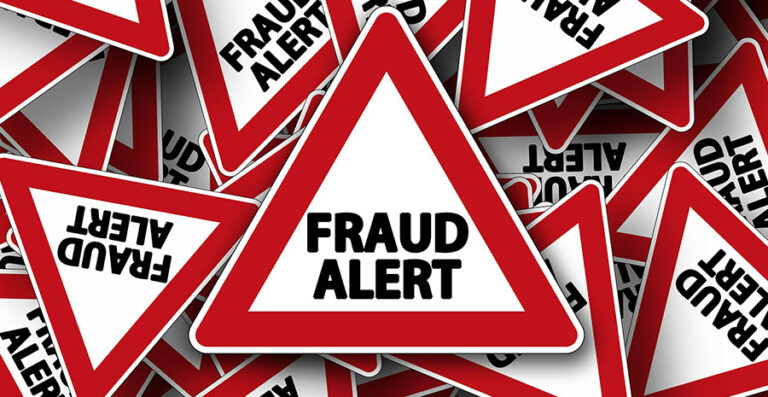If you have paid attention to the news recently, chances are that you have seen at least one report that mentions a company’s data being breached by cyber hackers. While the possibility of a business being susceptible to such a threat is a serious concern, individuals should be equally wary of hackers aiming to steal their own identity. In fact, the Bureau of Justice Statistics (BJS) estimates, “17.6 million Americans—about 7% of U.S. residents age 16 or older—were victims of identity theft in 2014.” Understandably, many individuals have taken action to avoid identity theft from ever occurring, or to prevent another instance from happening again. With the goal of protecting consumers from this type of fraudulent activity, a large industry of companies and products has emerged, offering different ways to insure against identity-theft. Given that this is a serious fear that could affect anyone, many individuals wonder whether or not purchasing identity-theft insurance is a good decision to make for them.
Insurance against identity-theft can be purchased as a rider (additional benefit) to most homeowner or renter policies, which typically costs about $25-$50 per year, or can be purchased as an individual policy. As far as what these policies cover, it is important to realize that most identity-theft insurance policies do not provide notifications or prevention tactics, but rather focus on solely reimbursement of financial losses incurred once identity-theft has already happened. In order to get a picture of how significant financial losses from this type of fraudulent activity are, one can look to the BJS’s Victims of Identity Theft 2014 report, which stated that, “about 14% of identity theft victims experienced an out-of-pocket loss of $1 or more. Of those, about half suffered losses of less than $100 and 14% lost $1,000 or more.” Despite the relatively low number of identity-theft victims that experience an actual financial loss, it is important to understand that consumers have protection under the law against fraudulent activity.
Under the Fair Credit Billing Act, consumers are only liable for up to $50 of unauthorized credit card use if it was reported after the loss occurred. Unauthorized ATM or debit card use also has the same $50 maximum liability; however you must report the loss within two business days as the liability increases to $500 thereafter and can increase even more if you do not report it within 60 days. While the idea of experiencing financial losses as a result of identity-theft is a serious concern, it is worth noting that it is quite difficult to actually prevent this from occurring. Rather, individuals should focus on protecting themselves from this activity as best as they can. There are many tactics one can employ to do so, many of which are completely free to use. For example, checking your bank and credit card accounts on a regular basis, or even creating notifications to alert you of any activity, are a great step to take in protecting yourself. Additionally, you have the ability to receive a free credit report from the three largest American credit agencies (Equifax, Experian, and Transunion) through www.AnnualCreditReport.com, as consumers are entitled to one free report every year from each agency.
In summation, while the idea of being able to purchase an insurance policy to protect yourself from identity-theft is sound, both the relatively low out-of-pocket losses that victims incur and the limited tactics that companies can employ to protect you do not generally warrant purchasing such a policy. Instead, consumers should utilize the numerous options available to monitor their accounts and report any fraudulent activity as soon as possible, always keeping security top of mind.



